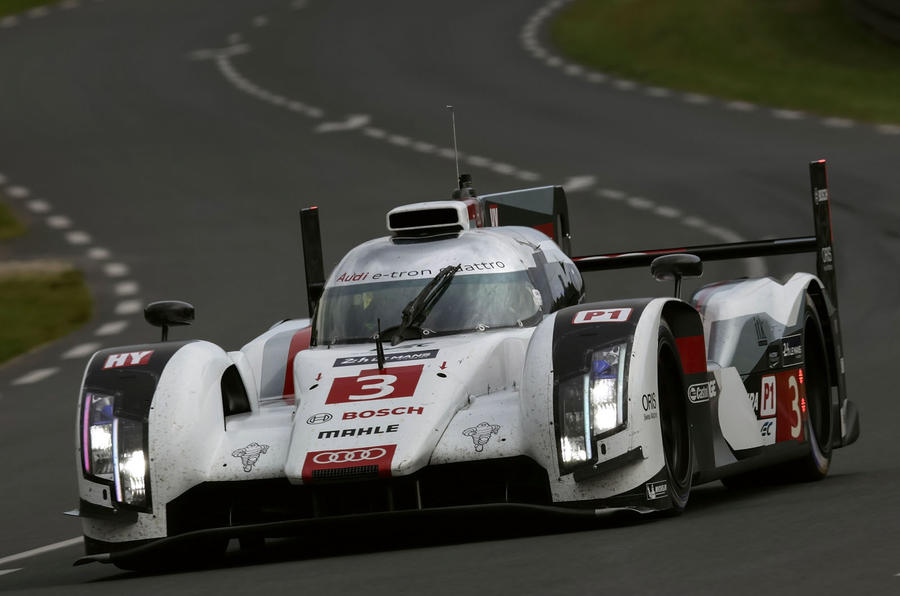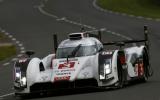I’ve always been irritated by that – now very – old adage ‘win on Sunday, sell on a Monday’. Even if it applied in the days of the Mini Cooper and Ford Cortina 1600E, I can’t believe that it applies today.
Formula 1’s turbocharged era did, though, do much to popularise forced induction for production cars. And the glorious Group B rally cars made all-wheel drive so popular that you could get 4x4 versions of everything from a Citroën AX to the Alfa Romeo 164.
So, what happened to the diesel supercar? Diesel power has won Le Mans every year since 2006, when the Audi R10 TDi first took the chequered flag. Indeed, after Peugeot’s 908 HDi won the race in 2009, Audi took the title in 2012 and ’13 with hybridised diesel in the form of the Audi R18 e-tron quattro.
Anyone would have thought that such an amazing run of victories would have changed minds about the suitability of diesel engines as performance powertrains. If winning on the ultimate Sunday doesn’t trigger a case for a diesel supercar, what will?
Perhaps production oil-burning engines were still not good enough. Not refined enough, too slow to rev, too quick to lose boost and unlikely to tempt the sort of enthusiast who buys an Audi R8.
Intriguingly, the winning R18 e-tron quattro of the latest couple of years used electric motors on the front axle, which helped fix one of the problems with traditional diesel engines: the rapid loss of turbocharger boost – and torque - as the driver lifts off.
Of course, that could have been replicated on a road car using an electrically driven rear axle (Audi has long-promised an electric quattro system for road cars), which could ‘fill in’ the gaps in the diesel engine’s torque curve.
All that said, having driven the Audi RS5 with the new ‘e-boost’ V6 diesel engine, I think it is a near dead cert that we will see a diesel-powered version of the next-generation Audi R8.
The new-generation lightweight unit uses typical two-stage turbocharging. The smaller of the two turbos is lighter and easier to spin up, and is intended to give the engine more grunt at lower engine speeds. The bigger turbo takes over at higher speeds.








Join the debate
Add your comment
AUDI DIESEL SUPERCAR.
But amen to Footloose re LJKS and aero engines. Turbocompounding could be the next big thing for cars.
Can't see why not. maybe sooner than we think!
I like the wall of torque................
The wall of torque makes for a relaxing drive - I still change gear as frequently - but the essence of the diesel engine is power without fuss.
My AC could be heard over 2 miles away - but I would not have wanted to cross a continent in it.
A Petrol 5 series was fine at moderate cruising speeds - but at anything over 110mph cruise, it was thirsty (meaning more fuel stops), A 3.0 ltr Audi A6 Quattro on the other hand remains much less thirsty at similar high speeds. Now - It is not a matter of cost - but more one of convenience. A few years ago, I regularly drove 2,400 km trips with only fuel stops along the way. The difference was 4 fuel stops in the BMW as against 2 in the Audi.